I'm trying to write a declarative pipeline code that accepts a map and create a pipeline. I can able to achieve sequential stages or parallel stages but facing problems while making a pipeline that contains sequential stages inside parallel stages.
The input data would be Map. Each list in the map should run parallel and the items inside the list corresponding to each key should run in sequentially.
example data : [1:[11,12], 2:[21,22], 3:[31,32]]
The output should be of image. Could someone give some idea?
Below is the code i have tried.
def stageData = [1:[11,12], 2:[21,22], 3:[31,32]];
def getDeployStages1(stageData){
Map deployStages = [:]
stageData.each{ key, stgValue ->
List stgs = []
stgValue.each{ value ->
deployStages.put("${value}", {
echo "${value}"
})
}
}
return deployStages;
}
def getDeployStages2(stageData){
Map deployStages = [:]
stageData.each{ key, stgValue ->
List stgs = []
stgValue.each{ value ->
stgs.add(stage("${value}"){
echo "${value}"
})
}
deployStages.put("${key}", stgs)
}
return deployStages;
}
pipeline {
agent any
stages {
stage ("deploy1") {
steps {
script {
parallel getDeployStages1(stageData)
}
}
}
stage ("deploy2") {
steps {
script {
parallel getDeployStages2(stageData)
}
}
}
}
}

